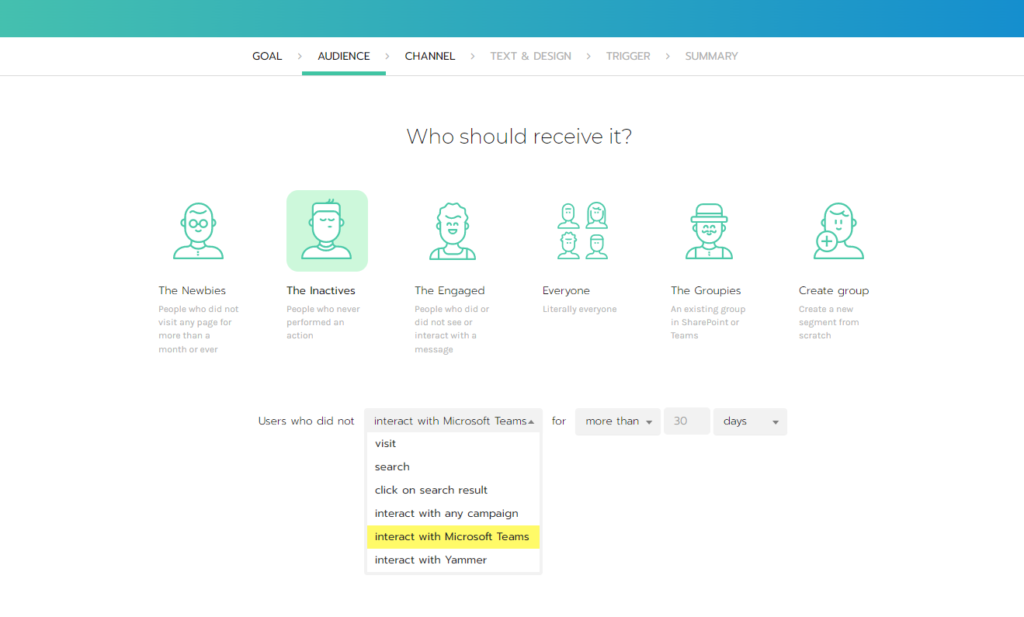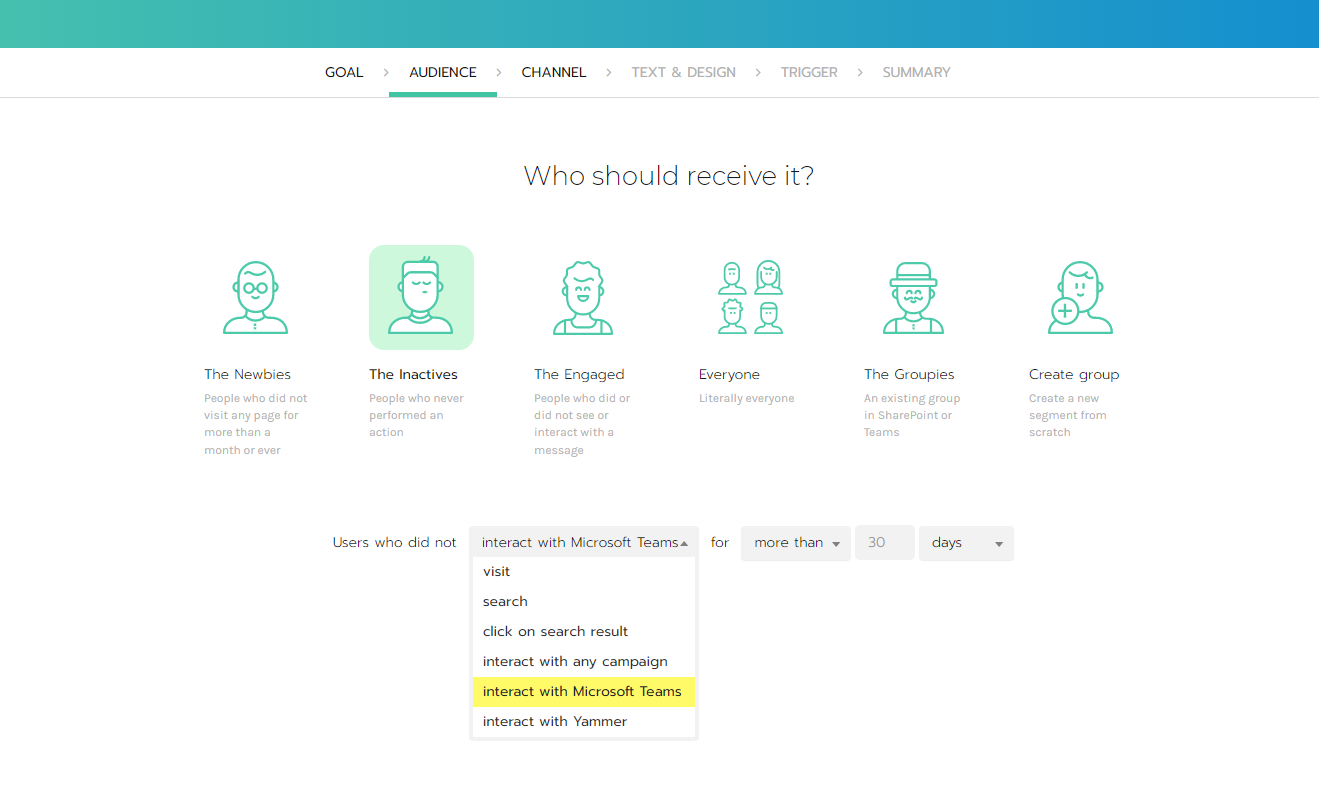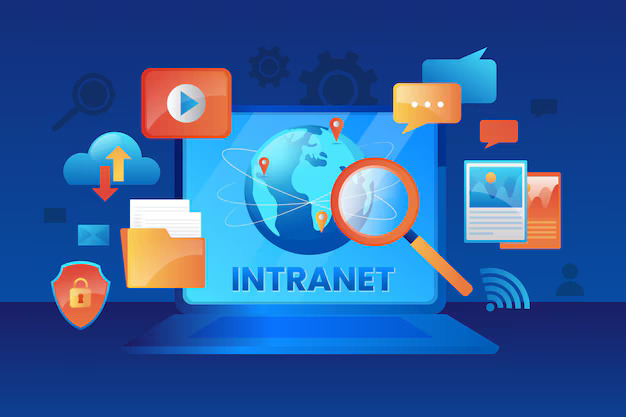Employee engagement is a critical factor in the success of any organization. It refers to the level of connection and involvement that employees have with their work, colleagues, and the organization as a whole. In this blog, we’ll explore the importance of employee engagement and how it can impact various aspects of a business.
Increased Productivity and Performance
Engaged employees tend to be more productive and motivated to perform at their best. When employees are engaged, they take ownership of their work and strive to continuously improve. This leads to higher levels of creativity, innovation, and efficiency, which ultimately translates into better results for the organization.
Improved Retention Rates
Employees who are engaged and satisfied with their jobs are less likely to leave the organization. High turnover rates can be costly for companies in terms of both time and resources spent on recruiting and training new employees. Engaging employees help to create a positive work environment and fosters a sense of belonging, which leads to increased job satisfaction and lower turnover rates.
Better Customer Satisfaction
Engaged employees are more likely to provide exceptional customer service, which can directly impact customer satisfaction. When employees are invested in their work and the success of the organization, they are more likely to go above and beyond to meet customer needs and provide a positive customer experience.
Improved Financial Performance
Research has shown that organizations with highly engaged employees tend to outperform their peers in terms of financial performance. Engaged employees are more productive, provide better customer service, and are less likely to leave the organization, which can lead to improved bottom-line results.
Improved Employee Well-being
Engaged employees have a positive outlook on their work and are more likely to have a healthy work-life balance. This can lead to improved mental and physical health, which can reduce the cost of absenteeism and presenteeism for the organization.

So, how can organizations increase employee engagement?
- Communication: Regular and effective communication is key to keeping employees engaged. This includes open and transparent communication from management, as well as opportunities for employees to provide feedback and share their ideas.
- Recognition and Rewards: Employee recognition and rewards can be an effective way to increase engagement. This can include both formal programs, such as employee of the month awards, as well as informal gestures, such as handwritten notes of appreciation.
- Opportunities for Growth and Development: Providing opportunities for employees to learn new skills and advance in their careers can be a powerful motivator. This can include training programs, mentorship opportunities, and opportunities for employees to take on new challenges and responsibilities.
- Flexibility: Allowing employees to have flexibility in their work schedules and job duties can help to increase engagement. This can include options such as flexible hours, telecommuting, and job sharing.
- Creating a Positive Work Environment: A positive and supportive work environment can have a significant impact on employee engagement. This includes creating a culture of trust, respect, and collaboration, and fostering a sense of community among employees.
- Employee engagement software: Employee engagement software can help improve communication between employees and management by providing a platform for regular and meaningful interactions. For example, instant messaging platforms like Slack and Microsoft Temas can help to increase collaboration and transparency within teams.
Employee engagement software can facilitate employee recognition and rewards programs by automating the process and making it easier for employees to recognize and reward their peers. This can increase motivation and foster a sense of community among employees. Employee engagement software can also help organizations gather regular feedback from employees, which can be used to identify areas for improvement and drive engagement. For example, employee engagement platforms, like CardioLog Engage can provide regular pulse surveys to gauge employee satisfaction and track engagement over time.
Employee engagement software helps to build and reinforce a positive company culture by facilitating communication, recognition, and collaboration among employees. By creating a sense of community and fostering a positive work environment, employee engagement software can drive engagement and improve overall employee satisfaction.
In summary, employee engagement software can drive engagement by improving communication, providing opportunities for recognition and rewards, facilitating regular feedback and surveys, offering career development resources, and building a positive company culture.

CardioLog Engage, software targeting specific employees at the right time to help drive employee engagement in the organization
In conclusion, employee engagement is a critical factor in the success of any organization. By understanding the importance of engagement and taking steps to increase it, organizations can reap significant benefits, including increased productivity, improved retention rates, better customer satisfaction, improved financial performance, and improved employee well-being.
FAQs about The Importance of Employee Engagement
How can companies increase employee engagement?
Companies can increase employee engagement by creating open channels of communication, offering recognition and rewards, and providing opportunities for growth. Flexible work arrangements, fostering a positive work culture, and ensuring employees feel valued and heard are also crucial. Employee engagement software can be used to streamline these efforts, offering tools for communication, recognition, and feedback, ultimately driving a more engaged and motivated workforce.
What is employee engagement software?
Employee engagement software is a tool that helps organizations measure and enhance employee engagement. It facilitates better communication between employees and management, enables recognition and rewards systems, and provides platforms for feedback and collaboration. With features like pulse surveys, performance tracking, and real-time communication, engagement software plays a key role in fostering a positive work environment, increasing employee satisfaction, and driving organizational success.
What are the benefits of employee engagement?
Employee engagement brings numerous benefits to organizations, such as boosting productivity, reducing turnover, and fostering a more positive work environment. Engaged employees are more likely to provide high-quality work, build strong customer relationships, and contribute to higher profitability. Additionally, a culture of engagement encourages loyalty, reduces absenteeism, and motivates employees to perform at their best.
Why is employee engagement and commitment important?
Employee engagement and commitment are essential because they directly influence an organization’s success. When employees feel connected to their work and the company’s mission, they are more motivated to contribute positively. This leads to better team collaboration, innovation, and problem-solving. Engaged employees are also less likely to leave, reducing costly turnover and ensuring that valuable talent remains with the organization.
How does employee engagement affect employee performance?
Employee engagement has a profound impact on performance. Engaged employees tend to take ownership of their tasks, demonstrate higher levels of creativity, and work more efficiently. They are more committed to meeting and exceeding goals, which translates to enhanced productivity and better overall results for the organization. Engaged employees also tend to have better interactions with customers, contributing to customer satisfaction and company growth.














 Follow @cardiolog
Follow @cardiolog 